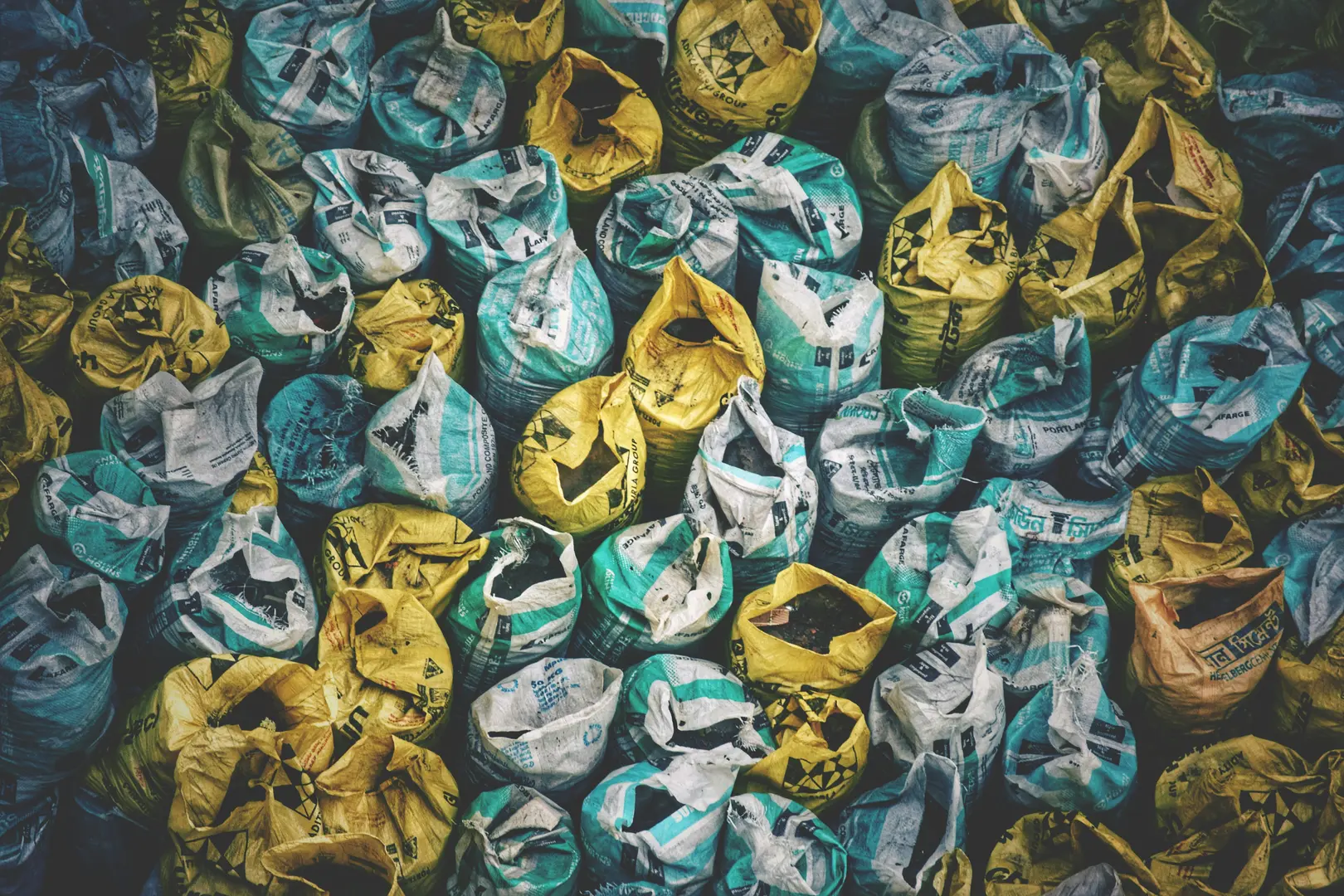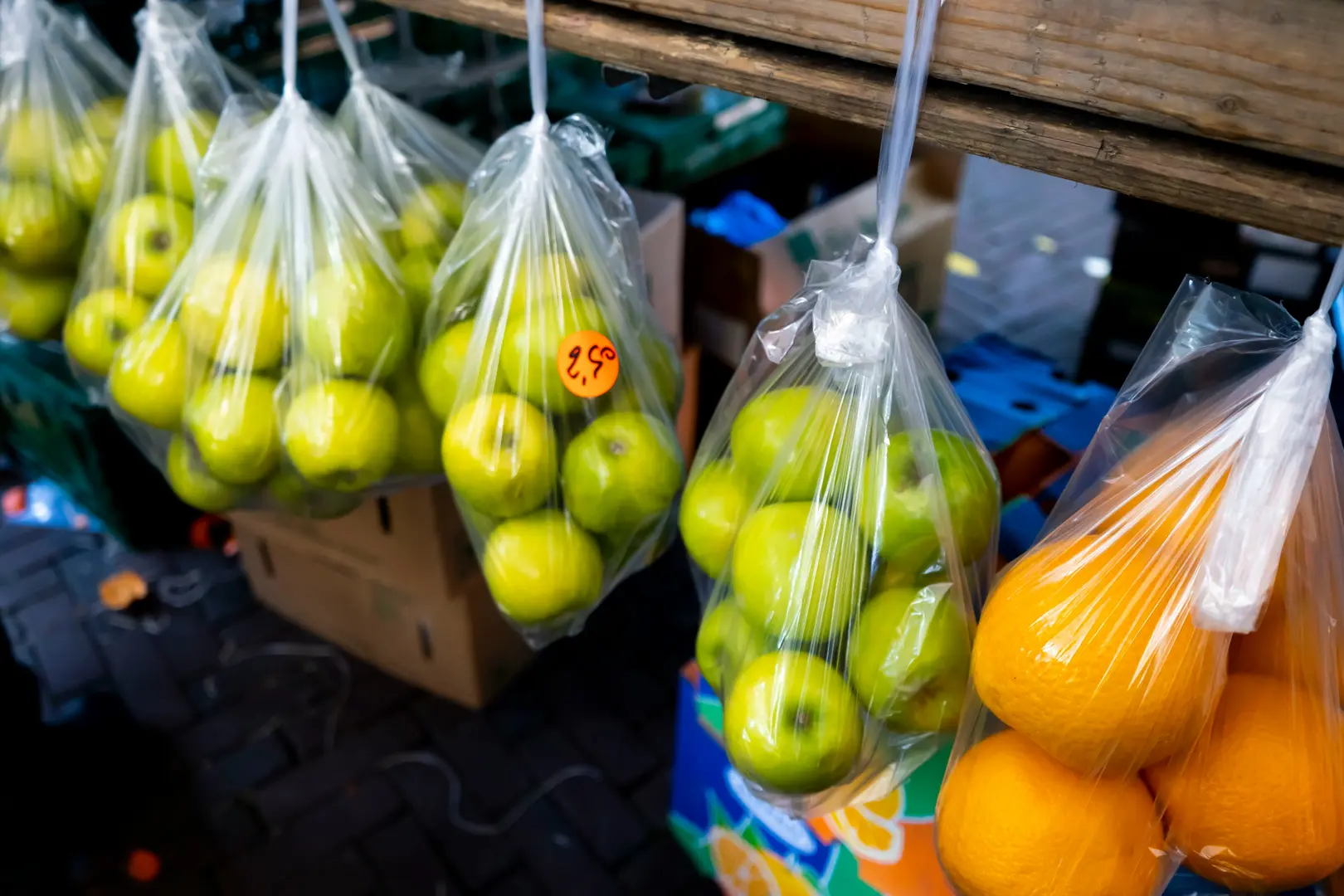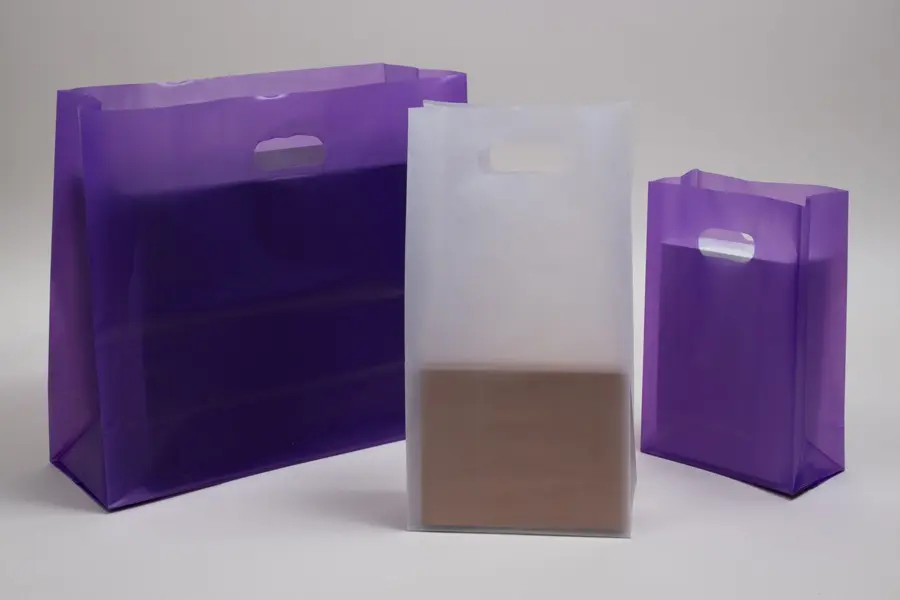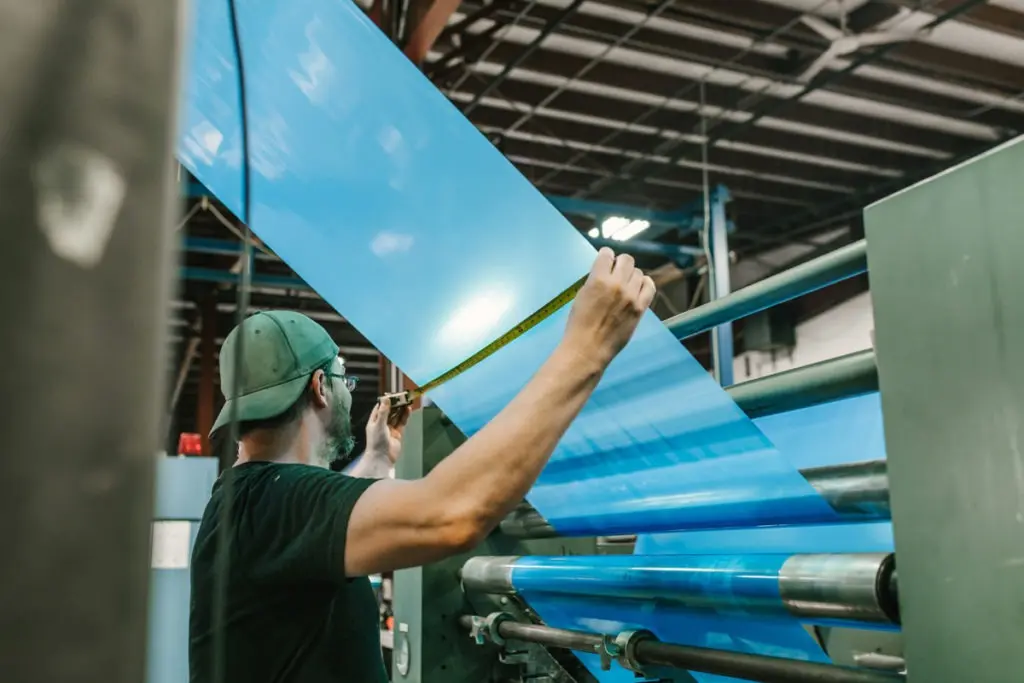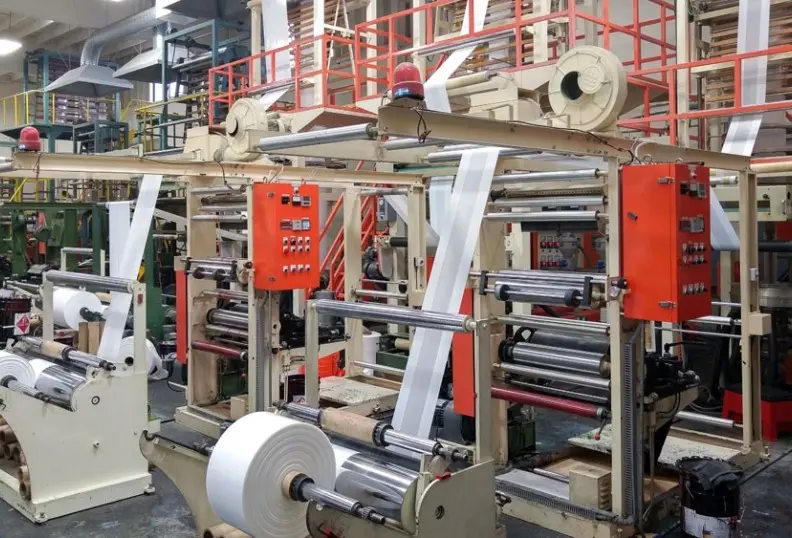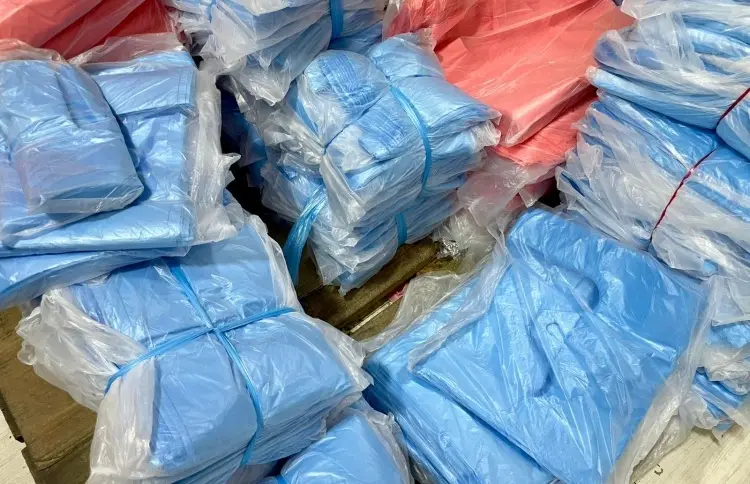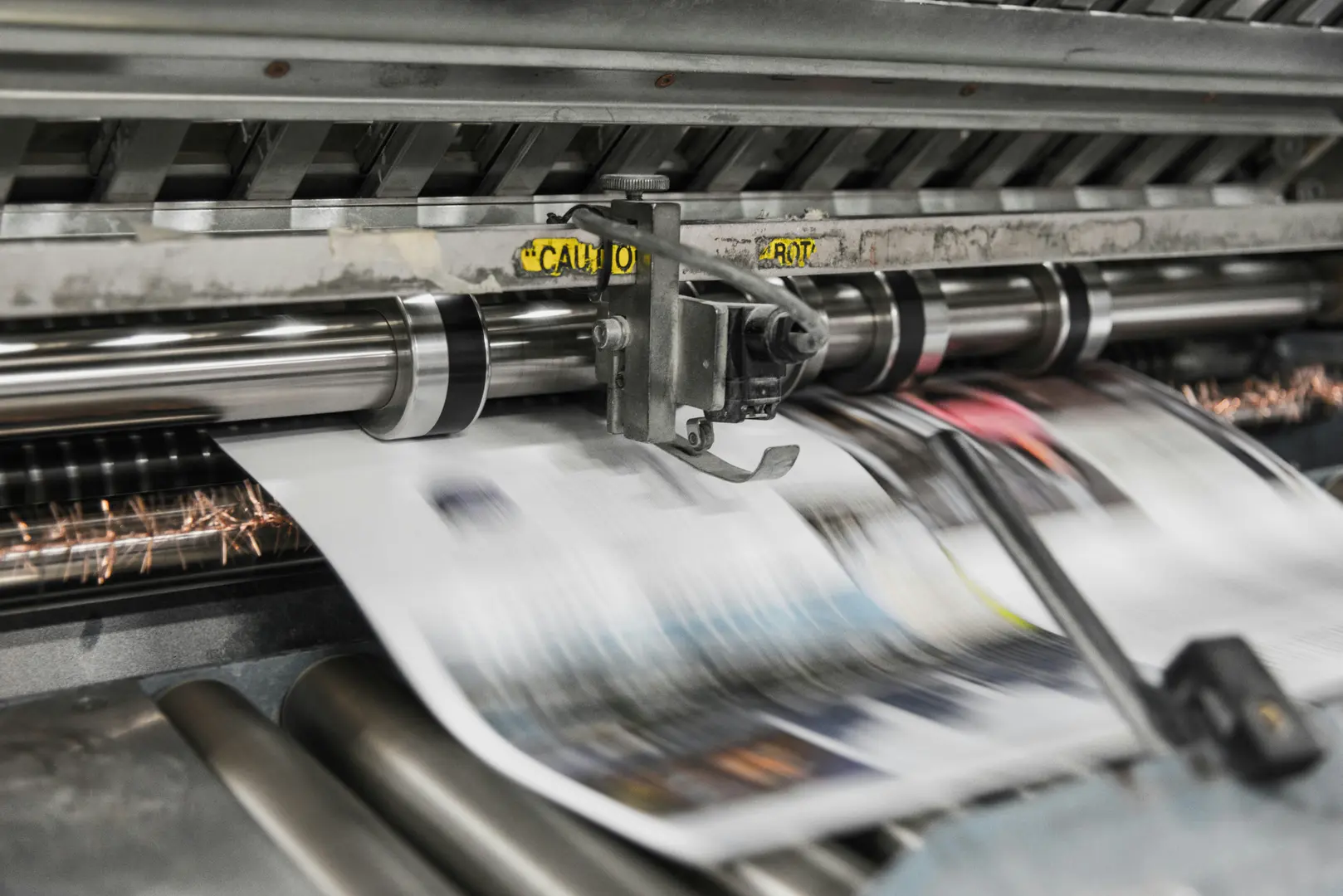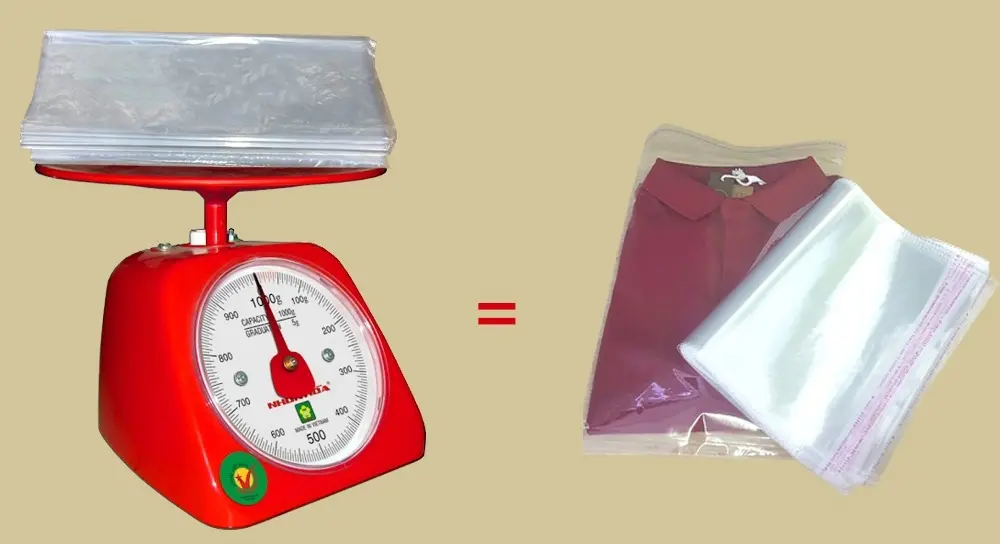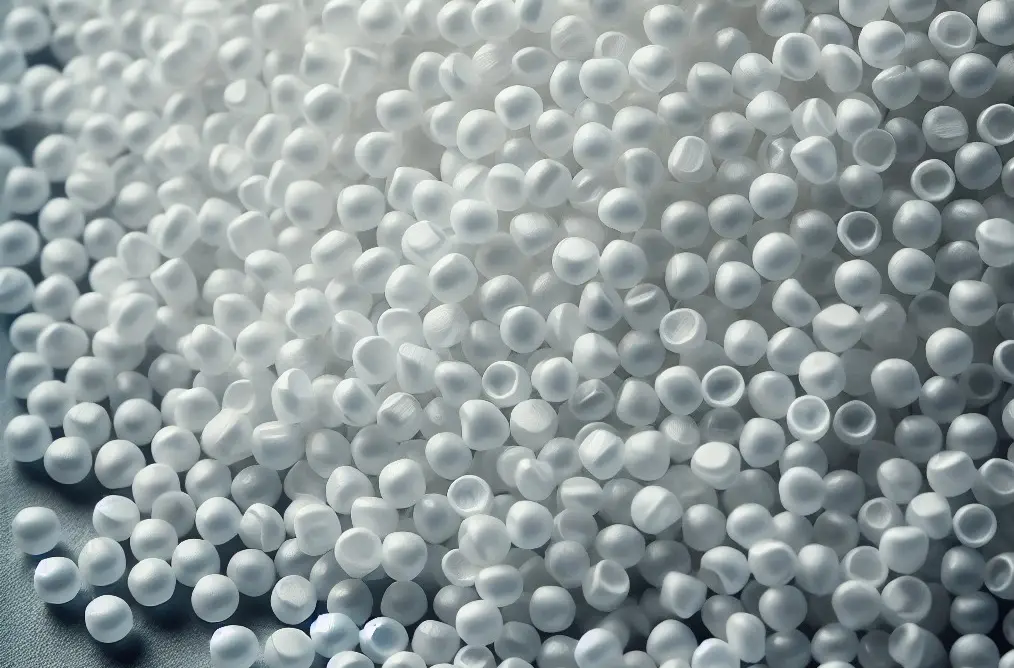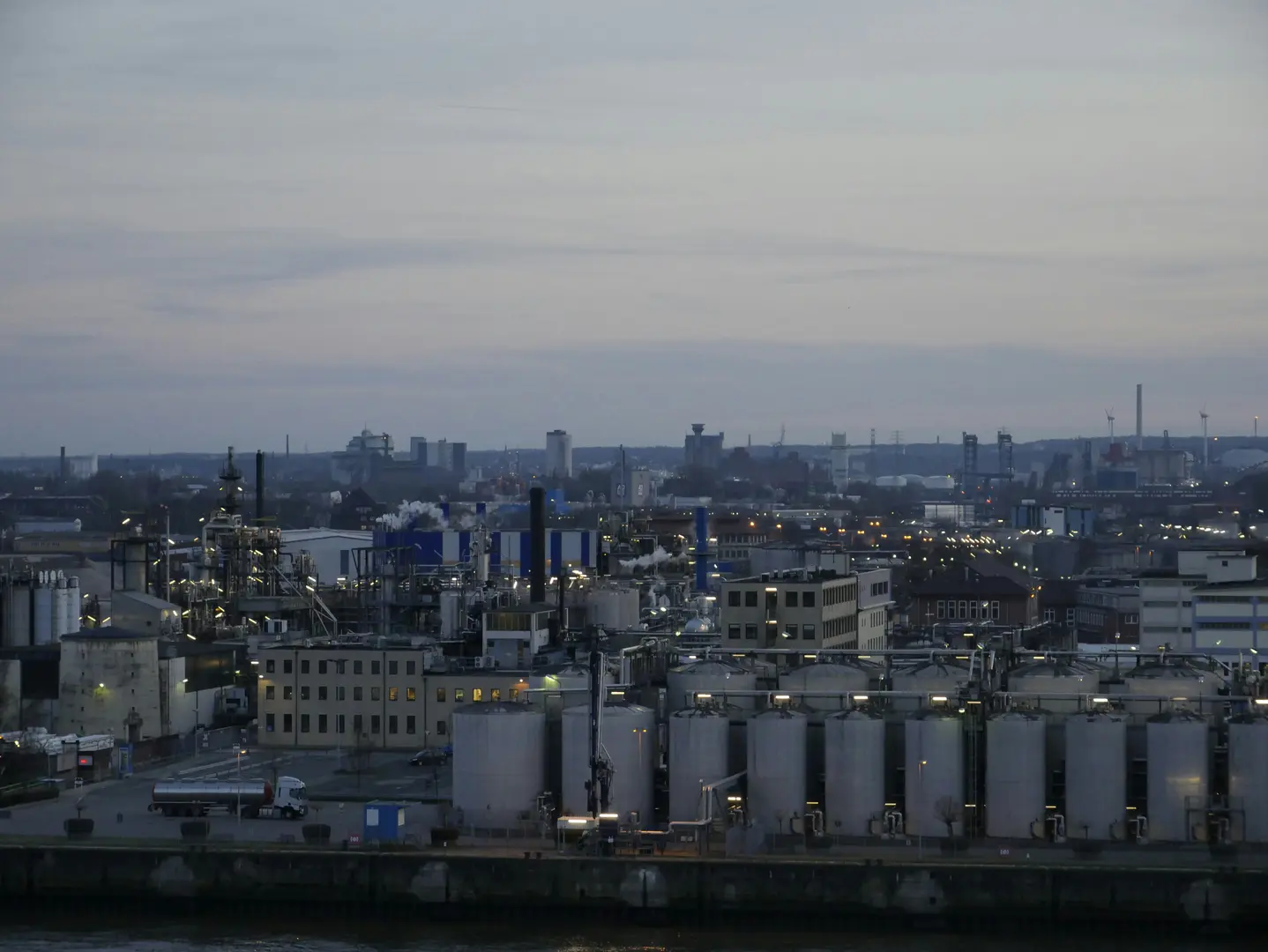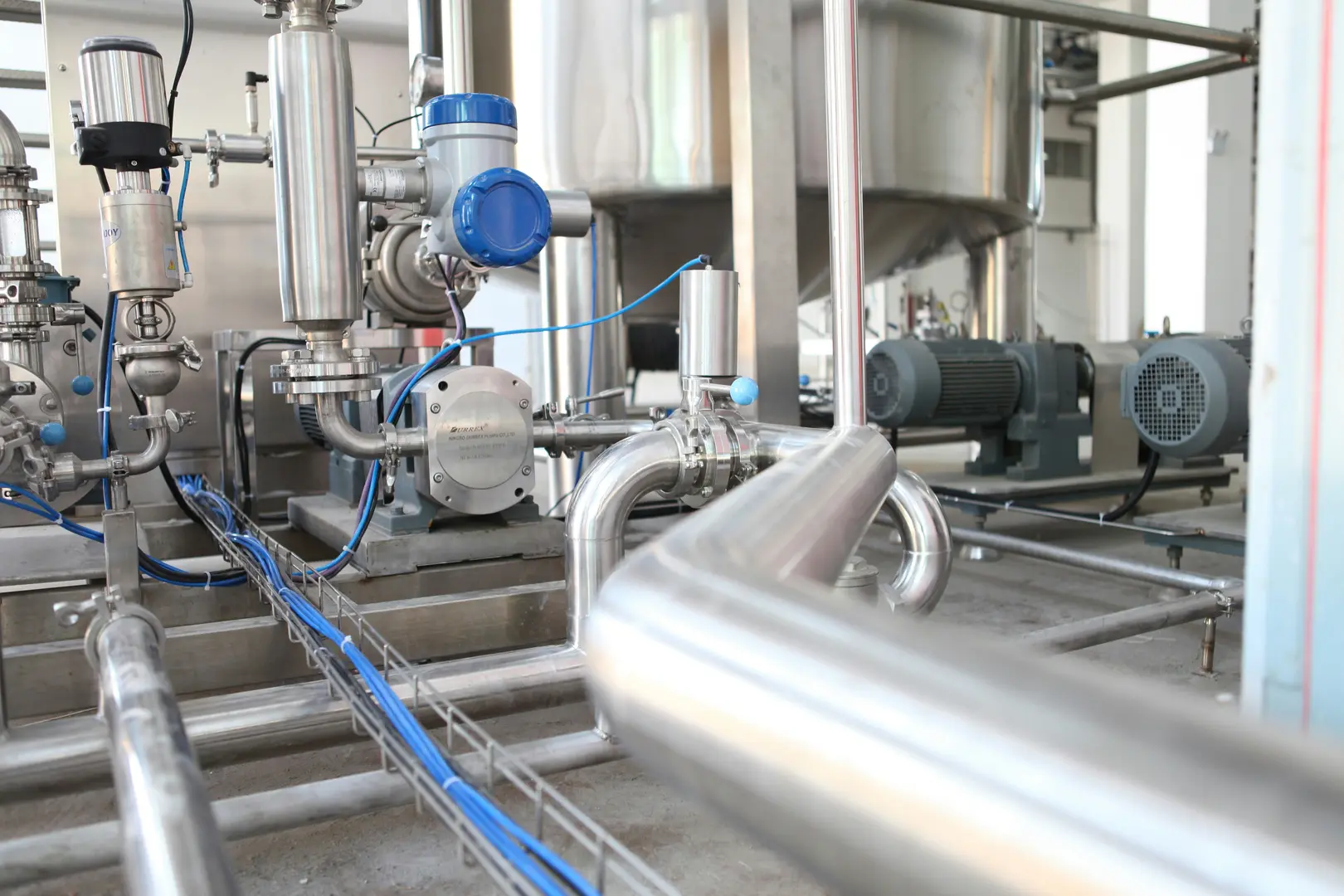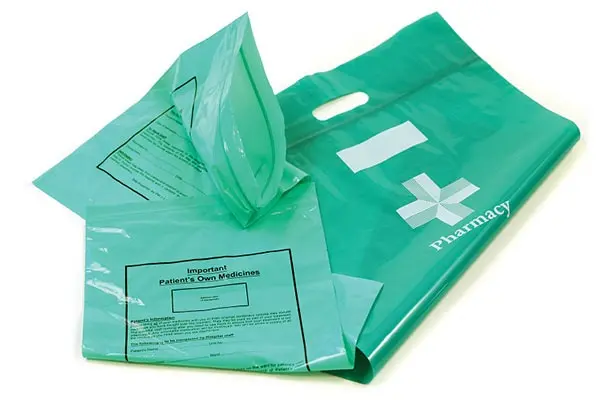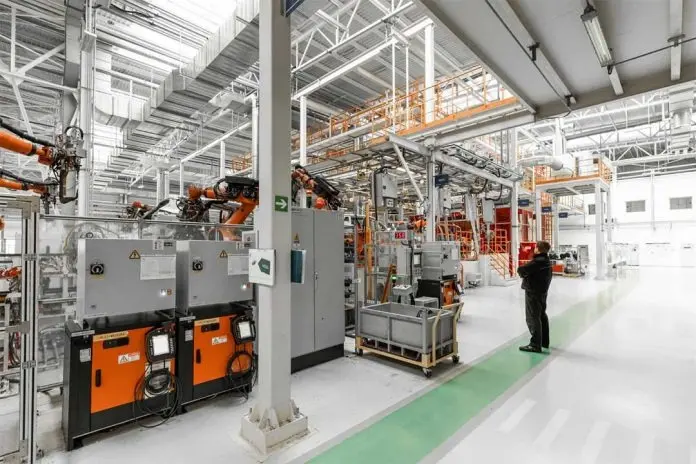8
مايو
الفرق بين أكياس التسوق البلاستيكية القابلة للتحلل وغير القابلة للتحلل
الفرق بين أكياس التسوق البلاستيكية القابلة للتحلل وغير القابلة للتحلل من الجوانب المهم التعرف عليها إذا ما كُنت تفكر في شراء أكياس لمحلك التجاري إذ يستخدم أكثر من 500 مليار إلى 1 تريليون كيس من البلاستيك في جميع أنحاء العالم. وفي هذا المقال سنتناول شرح بسيط للفروقات بين الأكياس الصديقة للبيئة وغير الصديقة للبيئة.
ما هي أكياس التسوق البلاستيكية القابلة للتحلل؟
هي أحد أنواع أكياس التسوق التي لديها القدرة للتحلل بعد مرور وقت محدد على تركها وعدم استخدامها. تتميز بأنها صديقة للبيئة ولا تؤثر سلبيًا عليها أو على الحياة عليها. بمعنى آخر لديها قابلية التكيف مع البكتيريا والكائنات الحية وعدم الإضرار بها.
مصنوعة من مواد صديقة بالبيئة مثل البوليمر بلاستيكي عادي (أي البولي إيثيلين) أو البولي بروبيلين الذي يشتمل على مادة مضافة مما يسبب تحلل البوليمر (البولي إيثيلين) ثم التحلل البيولوجي بسبب الأكسدة والبكتريا إلى الماء وثاني أكسيد الكربون.
ما هي أكياس التسوق غير القابلة للتحلل؟
هي أكياس ليست صديقة للبيئة ولا تتحلل بتأثير البكتريا. فإذا ما تُرك الكيس في باطن الأرض سيحتاج لأكثر من 200 عام حتى يتحلل.بالتالي، سيؤثر على نفاذية التربة ويلوثها. ما فرض على الكثير من الحكومات والجهات منع استخدامه في المحلات التجارية نظرًا لتأثيره السلبي على البيئة.
الفرق بين أكياس التسوق البلاستيكية القابلة للتحلل وغير القابلة للتحلل
في هذه الجزئية من المقال سنتعرف على الفرق بين أكياس التسوق القابلة للتحلل وغير القابلة للتحلل وإليك كل التفاصيل التي ترغب في التعرف عليها:
1- المواد المستخدمة في التصنيع
الفرق الأول بتمثل في فروقات المواد الخام المستخدمة في صنع كل نوع معين من أكياس التسويق البلاستيكية. فالقابلة للتحلل مصنوعة من مواد طبيعية من الممكن أن تكون من PLA وPHA وPBA وPBS ومواد بوليمر أخرى. الأكياس البلاستيكية العادية التقليدية غير القابلة للتحلل مصنوعة من مواد بلاستيكية مثل PE.
2- معايير التصنيع
بالنسبة لمعايير التصنيع فمن المعلوم أن الأكياس القابلة للتحلل يجيب أن تلبي معايير الجودة وحماية البيئة الموضوعة من قبل الحكومة والجهات الرسمية ذات الصلة. أما الأكياس غير القابلة للتحلل لا تحتاج إلى تلبية هذا النوع من المعايير.
3- اختلافات زمن التحلل
أكياس التسوق البلاستيكية القابلة للتحلل تحتاج لعام حتى يتم تحليلها بشكل نهائي وفي بعض أكياس التسوق الجديدة يحتاج الأمر فقط 72 يوم أو ثلاث أشهر. أما أكياس التسوق غير القابلة للتحلل بالتأكيد ستحتاج لوقت أطول نظرًا لعدم قدرتها على التحلل بشكل كامل بما قد يصل إلى 200 عام.
4- قابلية إعادة التدوير
أكياس التسوق البلاستيكية القابلة للتحلل بشكل كامل تكون ناعمة ومقاومة للتآكل، قابلة للطي وجيدة الملمس ، ولها فترة استخدام طويلة نسبيًا ما يساعد على إعادة تدويرها مرة أخرى لإدخالها في الاستخدامات المختلفة.
لماذا يجب أن تكون أكياس التسوق القابلة للتحلل هي خيارك؟
من خلال ما أشرنا له سابقًا من نقاط فإن أكياس التسوق البلاستيكية الصديقة للبيئة يجب أن تكون خيارك الوحيد من أجل حماية البيئة من التلوث الناتج من عدم قدرة تحليل الأكياس العادية في نفس الوقت تقدم أداء ممتاز واستخدام مطول مقارنة مع أيّ نوع أكياس آخرى وعمر أطول من الأكياس الورقية وتكلفة ووزن أقل.
الجدير بالإشارة أن أكياس التسوق متعددة الوظاذف فبإمكانك من خلالها بيع وحمل أنواع مختلفة من المواد والمنتجات وإعادة تدويرها مرة أخرى لإدخالها في الصناعات المختلفة.
ختامًا، الفرق بين أكياس التسوق البلاستيكية القابلة للتحلل وغير القابلة للتحلل يكمُن في قدرتها العالية في الحفاظ على البيئة من دون الإضرار بالكائنات الحية وتحليلها من خلال البكتريا في أقصر وقت ممكن.






